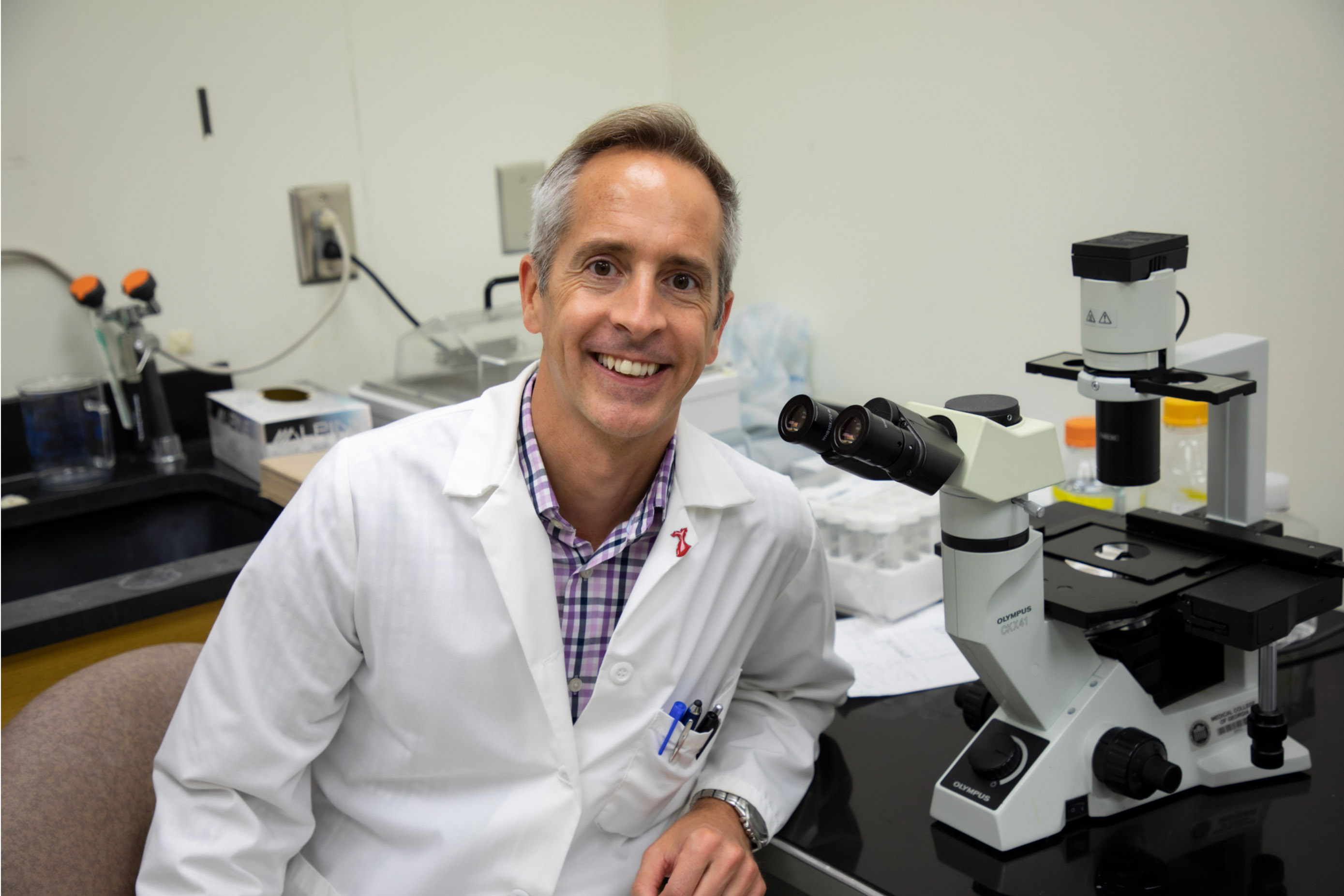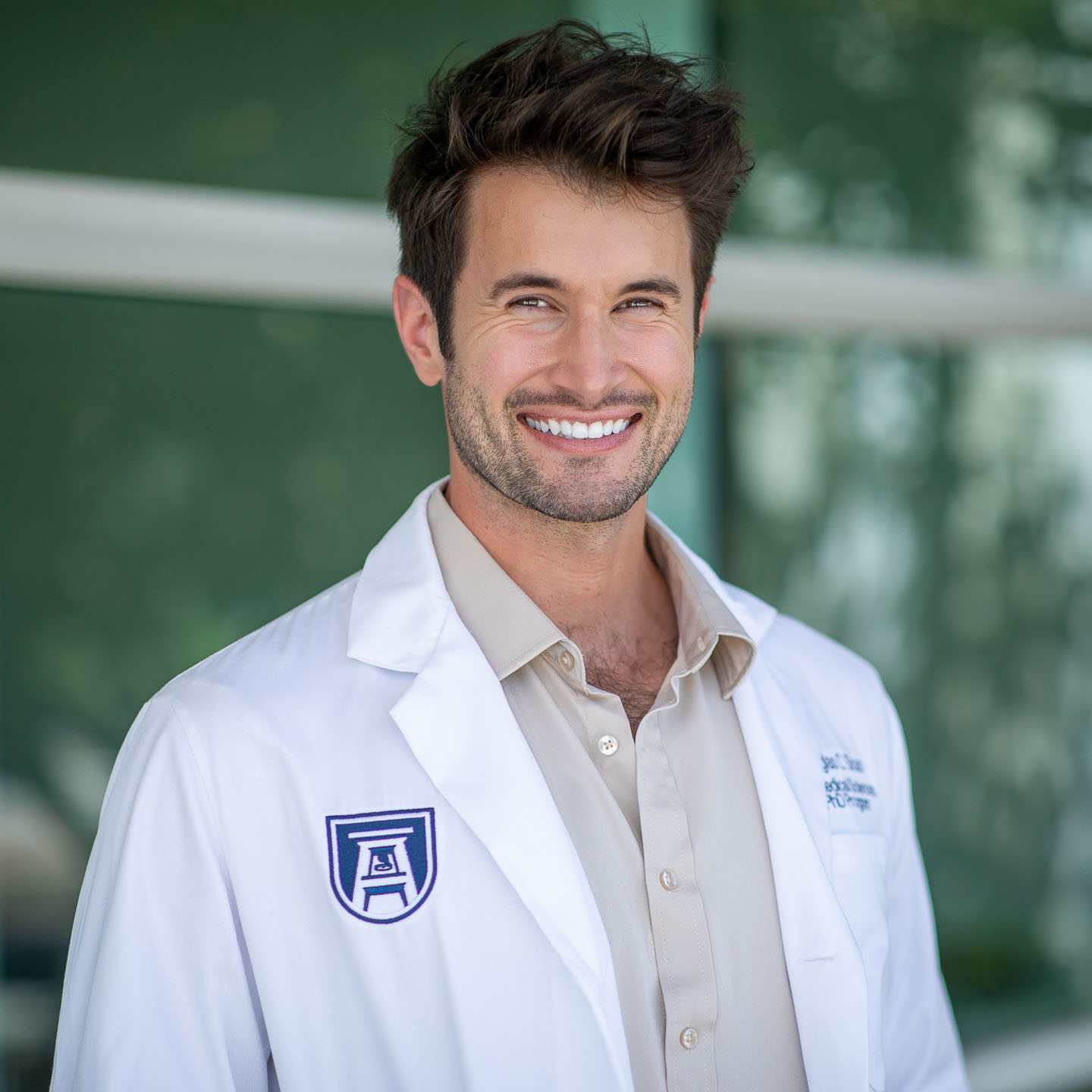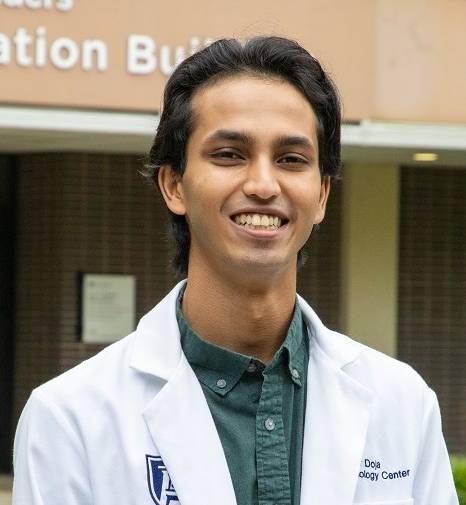From Vascular Mechanisms
To Therapeutic Innovations
- Augusta University
- The Graduate School
- Biomedical Sciences
- Vascular Biology
Vascular Biology
The Vascular Biology PhD program at Augusta University offers specialized training in the mechanisms of blood vessel function and vascular disease. Based in the nationally recognized Vascular Biology Center, students engage in high-impact research on conditions such as heart failure, atherosclerosis, hypertension, and diabetes using molecular, cellular, and in vivo approaches.
Through personalized mentorship from internationally renowned faculty and access to cutting-edge tools and translational models, students gain hands-on experience in a collaborative research environment. The program equips graduates to bridge laboratory discoveries with clinical applications advancing therapies that improve patient outcomes. Vascular Biology graduates pursue careers in cardiovascular science through academic postdoctoral programs, biotech and pharmaceutical research, and leadership roles in translational medicine.
Compelled to unravel the complex mechanisms of circulation and the pathogenesis of disease? Discover your future in the Vascular Biology PhD program.
Admissions Contact
Lauren Schoem, MS
Assistant Director, Graduate School Admissions
(706) 721-9516
BIOMED@augusta.edu
Program Director
Meet Current Students | Explore Faculty Research

“At the Vascular Biology Center, our priority is the success of each of our graduate students. We offer them a plethora of research opportunities and access to the latest technologies but more importantly we provide them with a personalized, comprehensive and rigorous training that sets them for success for the rest of their professional career.”
Program Contacts
Eric J. Belin de Chantemele, D.Sc. FAHA
Program Director
ebelindechanteme@augusta.edu
Kari Martin
Administrative Assistant
(706) 721-6338
kmartin@augusta.edu
Student Testimonials

"The Vascular Biology Center feels like the proximal zone of development - an environment where I’m continually challenged just beyond my comfort zone, yet surrounded by mentors who offer the support and guidance needed to grow. I’m grateful to be part of such a dynamic and purpose-driven program that is actively shaping my future as a scientist."
- Douglas Sloan

"The Vascular Biology Center is fantastic with hosting events and celebrations to bring students and faculty closer to each other. Given that I started much younger than most students, I was initially intimidated by many of my peers; however, this quickly changed with the incredibly welcoming and supportive environment the faculty work hard to foster."
- Jaser Doja
The Graduate School
The Graduate School at Augusta University facilitates ground-breaking research and ensures outstanding education. We create an environment that embraces and empowers the next generation of scholars and investigators, supports faculty and staff, and fosters meaningful relationships and collaborations among students across our programs and colleges.
Explore More